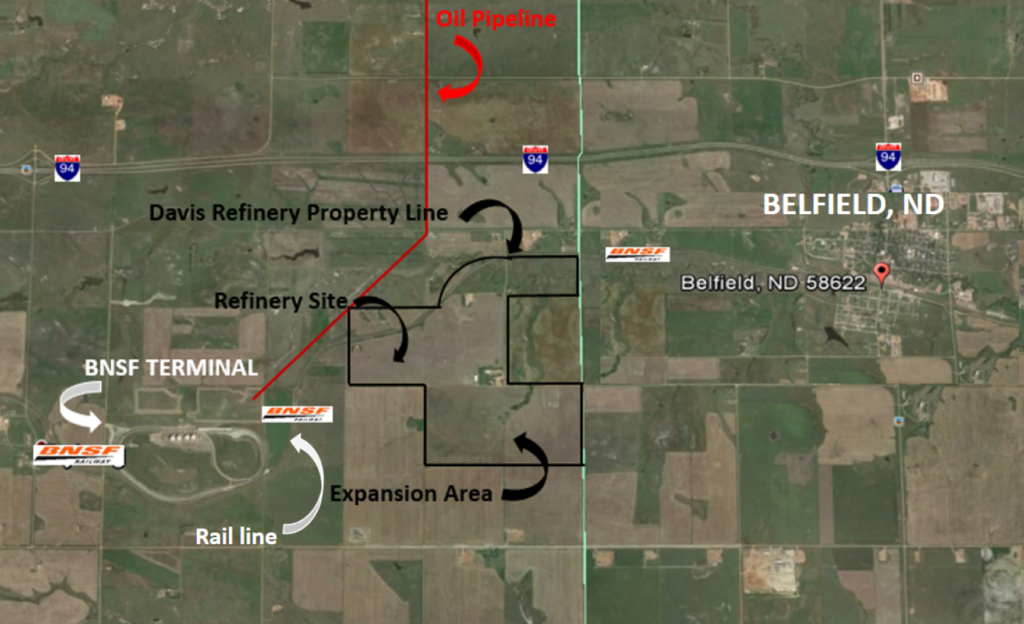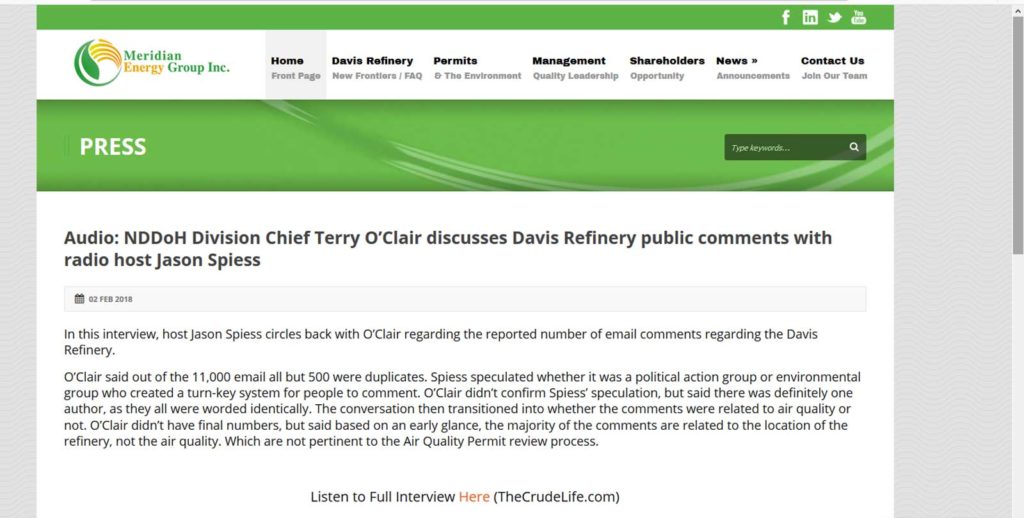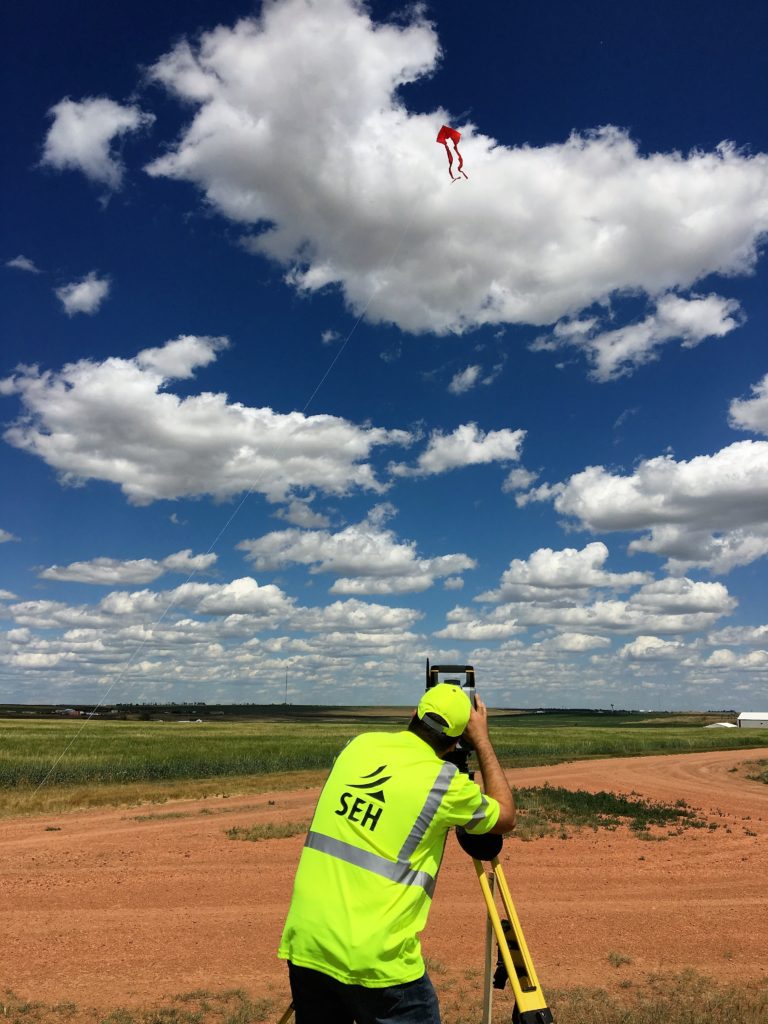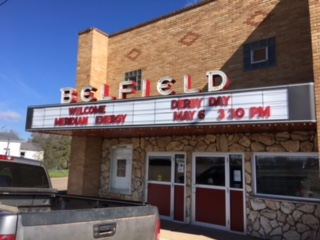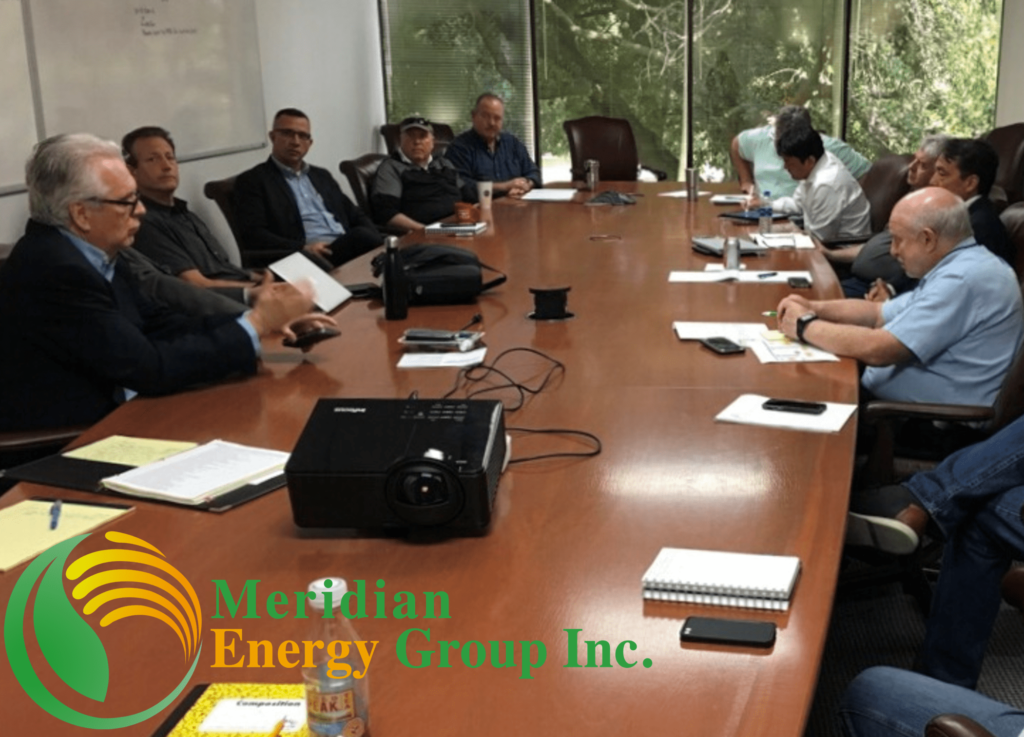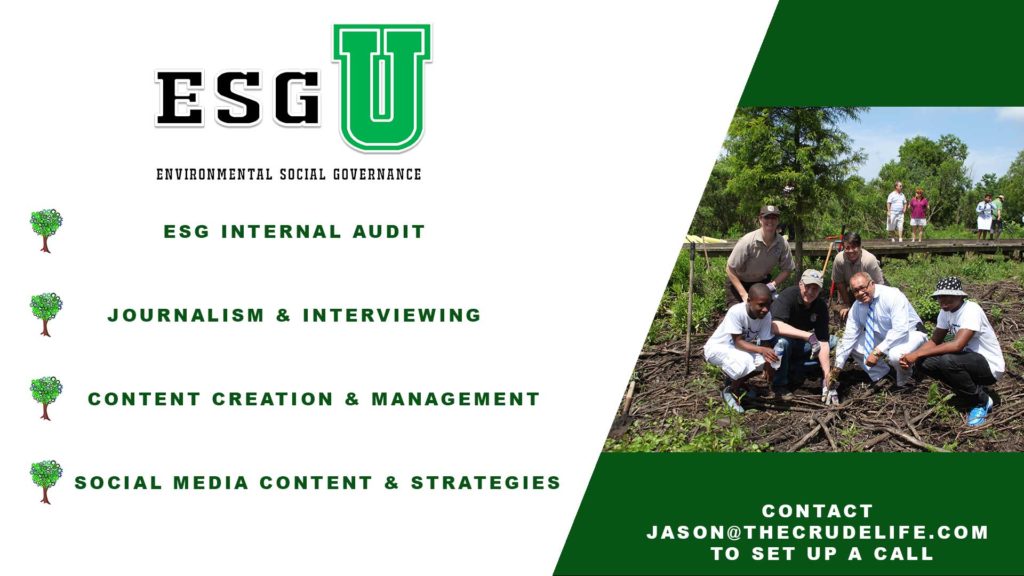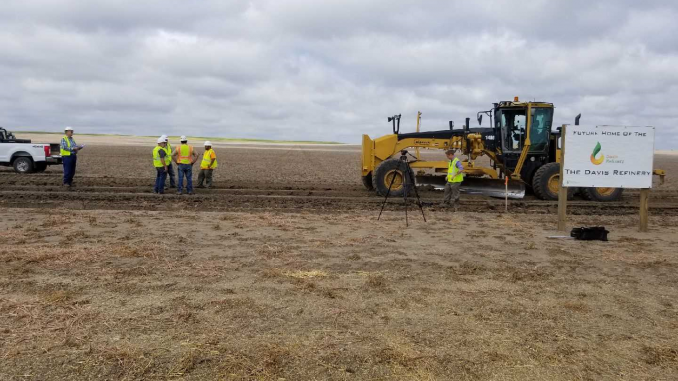
The first three columns of ESG University have followed a basic storytelling method. Each week we highlighted a different letter in the acronym. The first week was an Environmental overview, followed by Social and then Governance. As we enter our fourth week and column, it’s time to combine all three together and tell the story of a company who has been trying to build the Cleanest Refinery on the Planet using an ESG Strategy pretty much since Day One.
This company has been using the Environmental components to tell their story through Social events and issues by using transparency and other Governance methods. Personally, I believe it is the future of oil and gas projects because it involves a method of trust and transparency the industry has rarely displayed to people outside the industry.
That last sentence, by the way, is one of the root causes behind the last decade of oil and gas issues. No matter what industry leaders say on social media or at the industry mixers, connecting with people outside of the industry is the root cause of oil and gas’ woes, and this disconnection was happening well before any Biden or Obama rules or before the States Gone Wild regulations amped up.
The “disconnection” topic will be an ESG Class Column all on it’s own, but until then, let’s focus on a company who had the vision to implement an ESG strategy and has released their SECOND ESG Report. Their commitment to connection is a very important part of the ESG strategy and story.
The company is Meridian Energy Group and they are building the Davis Refinery in the Bakken oil field outside of Belfield, North Dakota, next to the major trucking artery Highway 85. (Side bar, Highway 85 is so important to the future of the United States, there was a successful lobbying effort to name it the Theodore Roosevelt Expressway. Humanized Highways are generally funded well.)
In addition to the Davis Refinery, Meridian Energy has plans for a second refinery named the Walton Refinery in Winkler County near Kermit, Texas and a third to be announced in Oklahoma sometime in 2022.
Since 2015, I’ve had regular conversations with William Prentice, CEO, Meridian Energy Group regarding the Davis Refinery and their behind-the-scenes battles. In fact, for several years we did a daily update on The Crude Life Week In Review newsmagazine radio program, which aired across all the counties the Davis Refinery is being built in.
The radio was an important component to their strategy because reaching people in the community outside the echo chamber of social media and industry networking events was paramount to their strategy. As were the local newspaper and television stations with local community news.
They’ve also been one of the early adaptors of ESG investing. What I find humorous about ESG is that so many leaders in oil and gas ignored it and or rejected it for ten years. And anyone trying to work with both sides through civility, was either caught in the crossfires of polarizing political discourse or spitefully scorned by industry leaders for not having a herd mentality.
Ironically coincidental in this example, the leadership and lawmakers in the state of North Dakota spited and despised ESG so much they tried to make it a state law to divest from anything ESG. It passed one or two chambers, but then quickly was torn apart into failure when they realized the reality of how far along ESG was.
So if you were anyone trying to have a civil discussion about ESG in many areas of industry and North Dakota, the reactive nature of the climate then (and now) was (and is) not warm or pleasant. North Dakota wanted nothing to do with ESG. But now that there’s profit and money involved, state officials are already at the front of the line getting federal ESG money not even a session removed from trying to divest themselves from it and shunned those trying to educate the industry on it. Again, that’s another ESG University Classroom Column for another day.
With that said, it is without a shadow of a doubt, that I truly look at what Meridian Energy (and even The Crude Life) did as authentic leadership in industry. This is not a brag or boast, rather a reporting of a documented body of work. And this body of work is not done as more layers of context are added all the time with columns like this and other speaking engagements from Meridian’s staff as they continue to clean the planet through innovation.
Prentice and the experts he lined up to discuss the construction and due diligence of the cleanest refinery on the planet is and truly was awesome. There was so much of this project that will be read about in history class by my grandchildren, and I was on the front line of it all – from refinery reporting to the ESG evolution.
It was William Prentice’s understanding of the energy industry, environment issues and what can only be called an existential understanding of ESG that made much of this project happen.
What is interesting about Meridian Energy’s ESG Strategy from the start, was the behind-the-scenes due diligence leading up to their breaking ground. So much of it is noteworthy, but specifically, what Meridian Energy Group, Inc. is doing to tell the story of the environment is astoundingly amazing. Literal meaning there of the word amazing. I mean they used a kite, more to come on that in a moment.
But first, one example of proactive environmental management was their collaboration with a variety of agencies regarding wildlife and the immediate environmental impact. Talk about jumping into the frying pan out of the gate for an oil and gas company. That little sage grouse has probably stopped more energy projects than Greta Thunberg and the Sierra Club combined, so the endangered species issue is no cream puff step in the process for an energy project.
“Part of this process is that the county is wondering what is going on with the cultural resources, what’s going on with endangered species,” SEH Project Manager Dan Hedrington said. “We contacted federal and state agencies that are in charge of wildlife, specifically US Fish and Wildlife and North Dakota Game and Fish, and they did a database research on their system and found that there were no impacts to threaten any endangered species.”
OK now the Kite Test I spoke of. This was yet another due diligence and permitting example that stood out in the Davis Refinery’s Total Transparency. There was extra pressure on the refinery due to the proximity and geographical location of Theodore Roosevelt National Park.
The reason we used the word “amazing” earlier, is because out of all the tests and satisfactions needed to construct a greenfield refinery, this one takes the cake in creativity, resourcefulness and ingenuity.
Project management company SEH and Meridian wanted to ensure the refinery’ crude columns of steam could not be seen from Theodore Roosevelt National Park. A public viewing session was created for officials, industry and local residents to see if they could see the Davis Refinery from Theodore Roosevelt National Park.
“We bought a 35-foot-long kite, that was 11-feet wide, highly visible. And we used surveyors on the site to pinpoint the location of that kite,” Hedrington said. “We flew it up to 150 feet, which is the height of the crude column, no one could see it.”
Hedrington added that spectators brought spotting scopes, binoculars and other sightseeing devices to enhance their viewing capabilities. Next, they raised the kite to 200 feet – 50 feet higher than the crude columns.
“You could barely see a speck of something in the air with binoculars. No one else could see it with their bare eye,” Hedrington said. “The Davis Refinery is not going to impact the view from Buck Hill at all. It is our belief that it is not going to affect the experience of visiting The Park.”
In addition to a number of science projects that Mr. Wizard and PT Barnum would be proud of; there were a number of public meetings and community town halls where Meridian Energy would invite policy makers, industry executives and local dignitaries to the discussion and process.
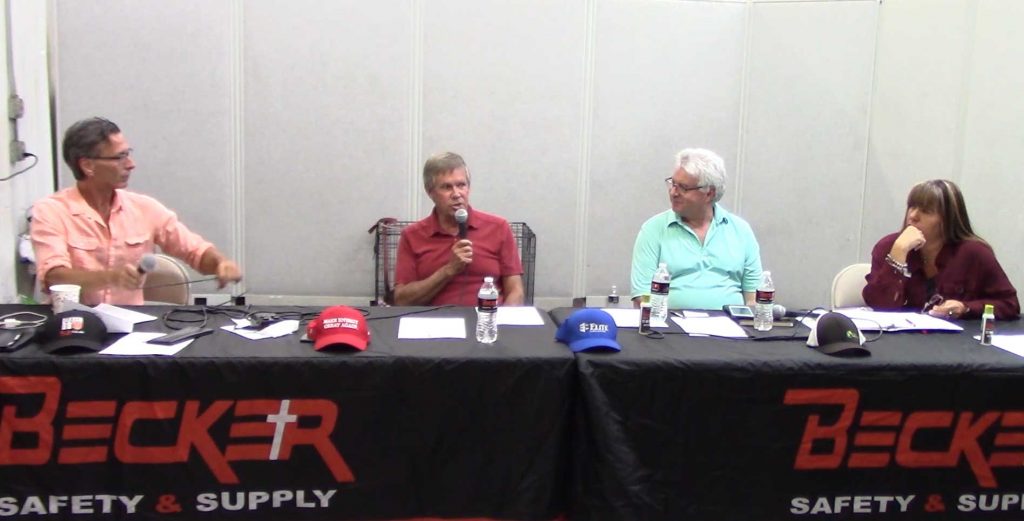
In fact, they would even participate in other state’s ESG public meetings too. In 2020, Dennis Pungitore, EVP & Chief Revenue Officer, Meridian Energy joined Bill Jerke, FUEL and former Colorado state legislator, and Tonya Van Beber, candidate for Colorado House District 48 to talk about “Regulations Gone Wild” in Weld County, Greeley, Colorado.
Click here for the Regulations Gone Wild town hall public meeting
In Belfield, one of the town hall meetings showed a presentation of the Dakota Aquifer, which is approximately 5,000 feet below the earth’s surface. According to Hedrington, the aquifer is not being used by any municipalities, ranches or private residences.
“It’s just too deep,” Hedrington said. “Meridian’s intention from the beginning has been to minimize impact on others as much as possible. They knew drawing from that aquifer wouldn’t impact local residents because no one else draws from that for potable reasons, no one tries to drink that water.”
In the old days of oil and gas, this water issue wouldn’t have made it out of most offices with one or two people being the wiser, however, in today’s climate, one has to be transparent with transparency.
In the new days of oil and gas, protesters, investigative reporters and curious meddling minds can access public records online and manufacture outrage on social media before most people take the time to look up what the word “aquifer” means. For many in today’s political polarized culture, it’s more about the feeling than the facts.
Meridian Energy understood today’s Click and Clack Climate Activists. They understand the Rage Warriors and Cancel Culture folk too. Remember they held public meetings and have been transparent since Day One.
But this next example of what Meridian Energy Group had to endure is possibly the most important one discussed in this ESG University Class Column. This next example is one that has a tangible cost and time allowance. In fact, every single executive, business owner and shareholder should understand what William Prentice had to go through (and spend) in 2017.
During their “Public Comment” period, the Meridian Energy Group received nearly 11,000 emails (10,832) about the Davis Refinery’s proposed air permit to construct during the public comment.
Here’s the breakdown:
- 97.5 percent were “form” comments, mostly blasted emails from computer software.
- 274 were “unique” comments.
- 193 comments were received from North Dakota.
- Of the 193 from ND, 39 are in favor of the Davis Refinery.
- Of all the emails received, less than ten of them raised points that were relevant to the air quality draft permit.
This is another example of the Click and Clack Climate Activists at work. I would even go a step further and call it a Copy and Paste Computer that automatically sent out nearly 11,000 emails to a state agency during the public comment period. Prentice didn’t volunteer up the specific numbers with me, but it did cost Meridian Energy time and money and I was too taken back by all the wasted time, money and resources to ask for a specific breakdown. But it was a lot.
In late 2017, early 2018, I spoke with Prentice multiple times about the pinch of regulations and legislation. As well as the double-edged sword of innovation and technology. These conversations came after an unexpected two years of regulatory legal battles only to have their science and engineering validated numerous times by the state health departments and even federal by the Environmental Protection Agency. EPA Approved and still bureaucratic battles over political posturing.
“It’s been very frustrating because we expect people to look at us and see people who are trying to do the right thing, which we are.” Prentice said. “We don’t think we credit for that enough.”
Prentice said the group had to respond to all of the emails too. Someone had to be paid to sit behind a desk and copy and paste responses to a computer so it could tell another computer something 11,000 times. No batch emails here folks, someone was paid to copy paste an identical response to an identical complaint 11,000 times. (insert Brian Bosworth OU job comparison here)
There were some legit comments, but those could easily get lost in the shuffle of 11,000 emails.
“If somebody is worried about this project, we may not think that worry is justified, but we will respond and explain why they don’t need to worry about this once they see what we are doing,” Prentice said.
He also added the “relevant” comments were handled and responded to in detail by the Meridian engineering staff.
Prentice has always invited transparency and hasn’t faulted anyone for asking the question, however, after multiple victories and validations, the oil and gas oversight organizations should take notice now.
“The latest set of court challenges, and I get lectured all the time for commenting on legal stuff, well just reading through this recent appeal there are factual statements in there that are simply not true,” Prentice said in 2017. “They have proven to be untrue for the last several iterations. It’s like people do not give us credit or learn anything from the previous proceedings.”
And unfortunately for the industry, as long as the elected officials can be controlled by fear-mongering health and safety iconoclasts, unnecessary revenue hemorrhaging may be the “new normal” for parts of the industry as the “war on oil” begins and states can now create quick “downturns by legislation”.
In the end, Meridian Energy Group and the Davis Refinery were permitted as a synthetic minor source by the North Dakota Department of Health – Air Quality (NDDoH) after an extensive 18-month review.
This Permit to Construct (PTC) issued by the NDDoH validated all of the claims Meridian had made over the past years when they undertook the challenge to “clean up” the refining industry.
Meridian commenced construction in July near Belfield, North Dakota, east of the Fryburg Rail Terminal just a month after the NDDoH issued the Permit. The Company contracted with SEH D|B out of Bismarck, ND to take on a significant portion of the project, executing grading and other site work activities that are necessary for the refinery.
Meridian is confident the Davis Refinery will become the blueprint for all refinery products that follow it. Leveraging the best available control technology (BACT), Meridian has literally set the new green technology design standard for modern oil refinery and has redefined what’s possible in applying true innovation to all phases of the process – construction, operation, emissions control, and of course, ongoing regulation and monitoring. However, the moral of this week’s ESG University Classroom Column is that there is a New Normal in energy and it started years ago.
Class dismissed til next week.
Questions on today’s lesson? Know someone using Ethical Energy? ESG University wants to know who these leaders are as we continue to showcase and highlight ESG solutions in energy. For consideration, please email studio@thecrudelife.com companies, people and organizations showing ESG in action.
ESG University Classroom Column is written by Jason Spiess and no way reflects the mission or position of The Crude Life. ESG University is an educational paper with classic newspaper op/ed elements sprinkled in. Because of this, we must categorize the column as Opinion and Editorial and run this disclaimer.
Everyday your story is being told by someone. Who is telling your story? Who are you telling your story to?
#thecrudelife promotes a culture of inclusion and respect through interviews, content creation, live events and partnerships that educate, enrich, and empower people to create a positive social environment for all, regardless of age, race, religion, sexual orientation, or physical or intellectual ability.
If anyone would like to schedule an interview, meeting or news tip email studio@thecrudelife.com
Industrial Integrity and Energy Ethics are the new entry level expectations in oil and gas, and The Crude Life continues to create original Local, Boots-On-The-Ground Journalism while showcasing other environmentally conscious companies.
Communication is vital in today’s energy extraction and empowerment.
About The Crude Life
The Crude Life produces original content that focuses on industry, the people, energy innovations, community building and it’s proactive culture. Our custom content is non-polarizing, trusted and often news making.
The Crude Life promotes a culture of inclusion and respect through interviews, content creation, live events and partnerships that educate, enrich, and empower people to create a positive social environment for all, regardless of age, race, religion, sexual orientation, or physical or intellectual ability.
Part of our mission is to enable people, companies and communities to affect change, demonstrate their transformative actions and drive energy awareness through storytelling and access to resources.
Sponsors, Music and Other Show Notes

Studio Sponsor: The Industrial Forest
The Industrial Forest is a network of environmentally minded and socially conscious businesses that are using industrial innovations to build a network of sustainable forests across the United States.
Weekly Sponsor: Korwell Energy
Korwell Energy is an industry leading designer, ASME code manufacturer, and remanufacturer of production equipment for oil and gas producers, throughout the Rocky Mountain Region.
They retain both an ASME U and R stamp. Their 28,000 sq ft of manufacturing shop with overhead cranes create a safe and productive environment for their team who collectively have over 75+ years of experience in manufacturing of ASME Oil and Gas production equipment.
Korwell prides themselves on outstanding customer service, expertise, and cutting-edge technology to partner with customers to maximize their individual production goals and help comply with ever changing regulations.
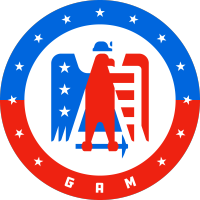
Weekly Sponsor: Great American Mining Co
Great American Mining monetizes wasted, stranded and undervalued gas throughout the oil and gas industry by using it as a power generation source for bitcoin mining. We bring the market and our expertise to the molecule. Our solutions make producers more efficient and profitable while helping to reduce flaring and venting throughout the oil and gas value chain.

Phone Line Sponsor: Swan Energy, Inc. 866.539.0860

Studio Email and Inbox Sponsor: To Be Announced

Featured Music: Alma Cook
For guest, band or show topic requests, email studio@thecrudelife.com
Spread the word. Support the industry. Share the energy.

